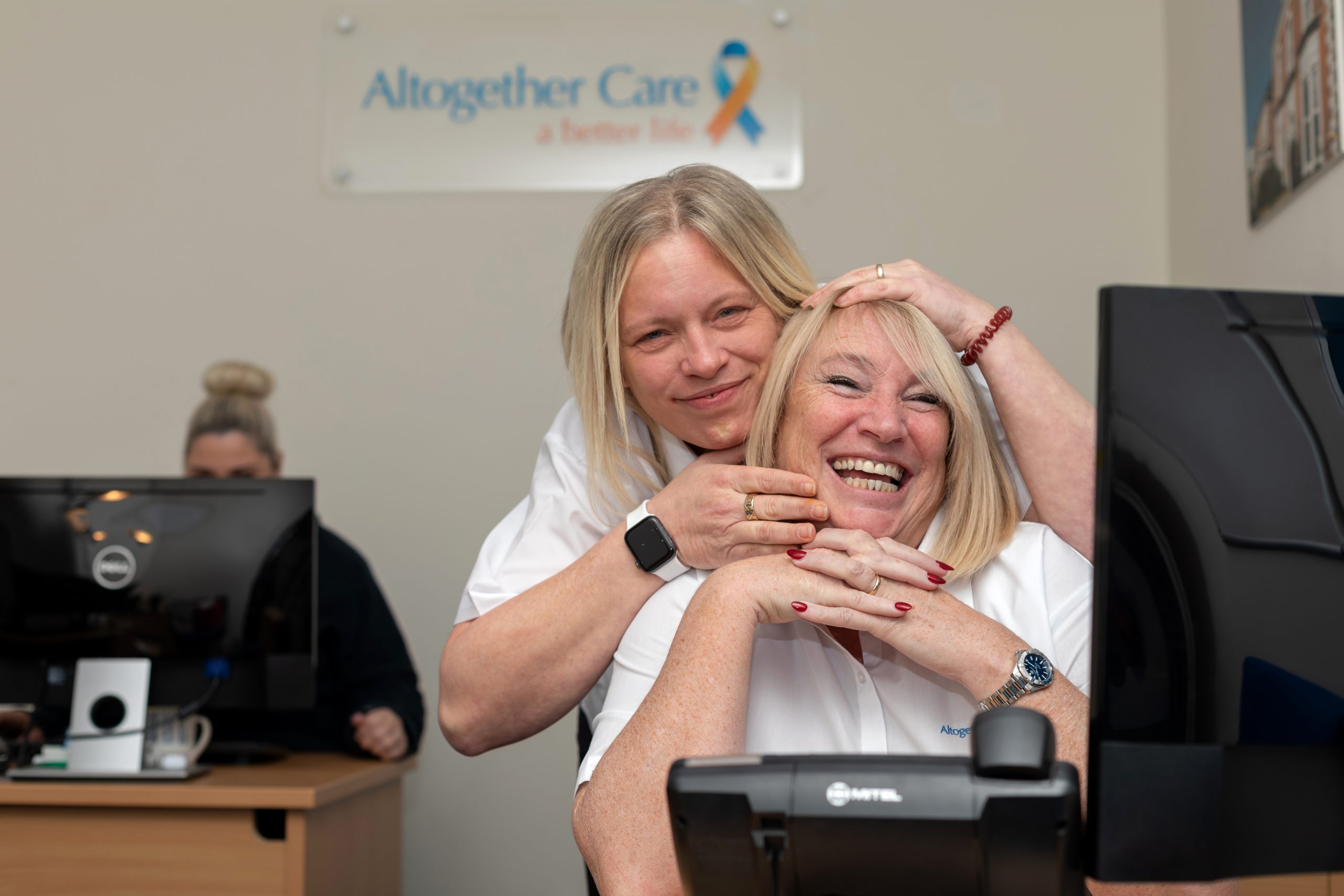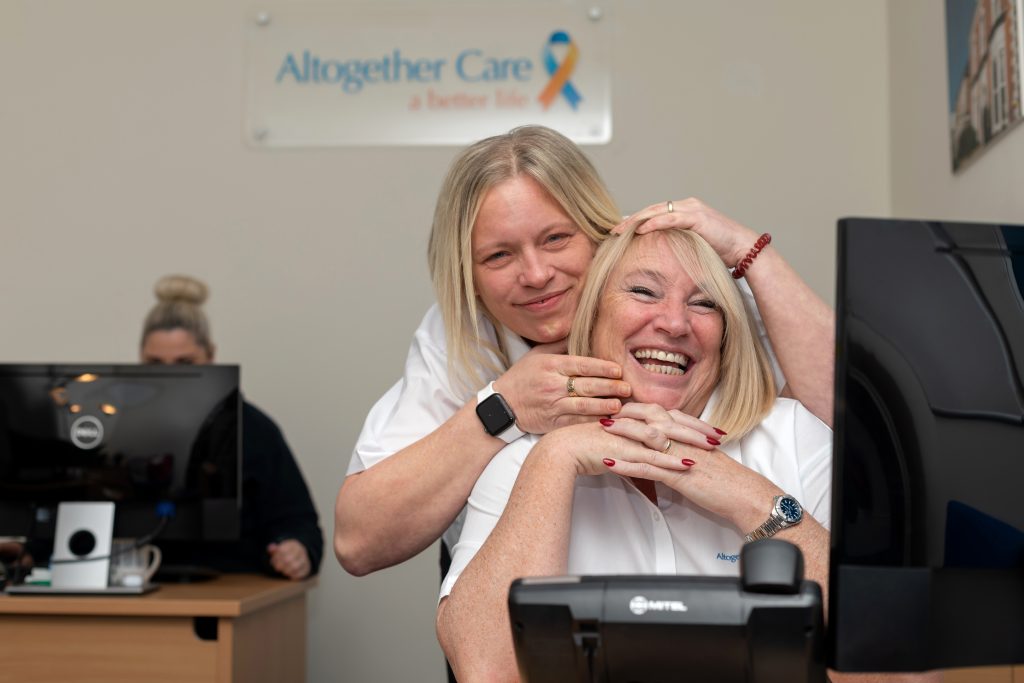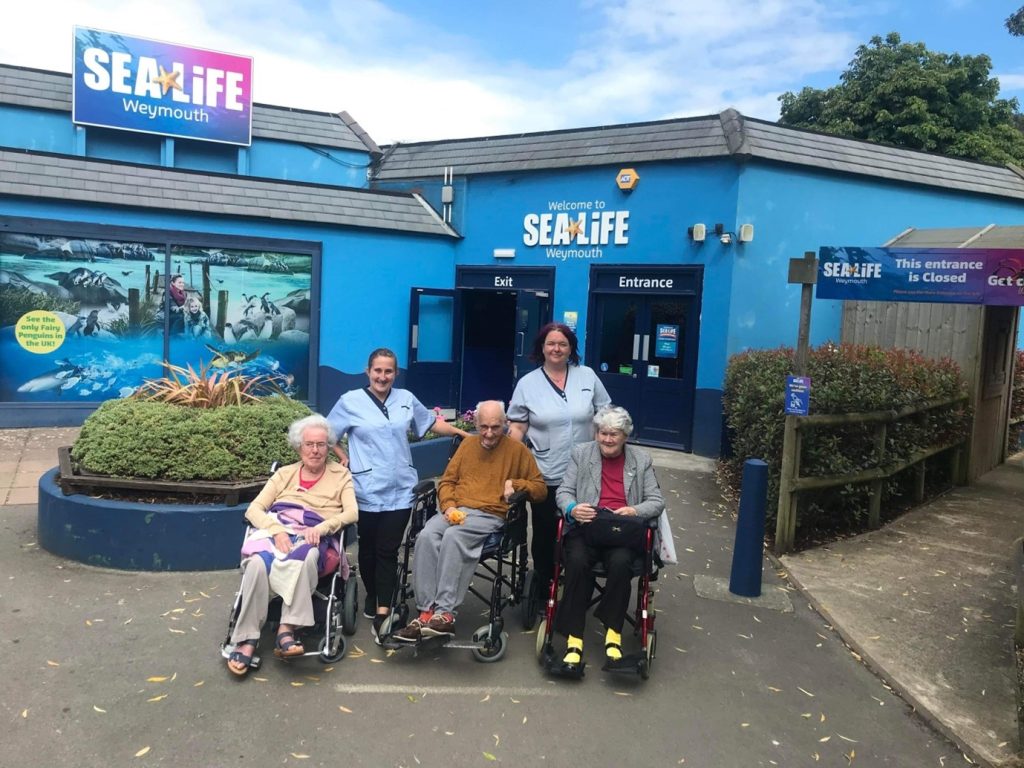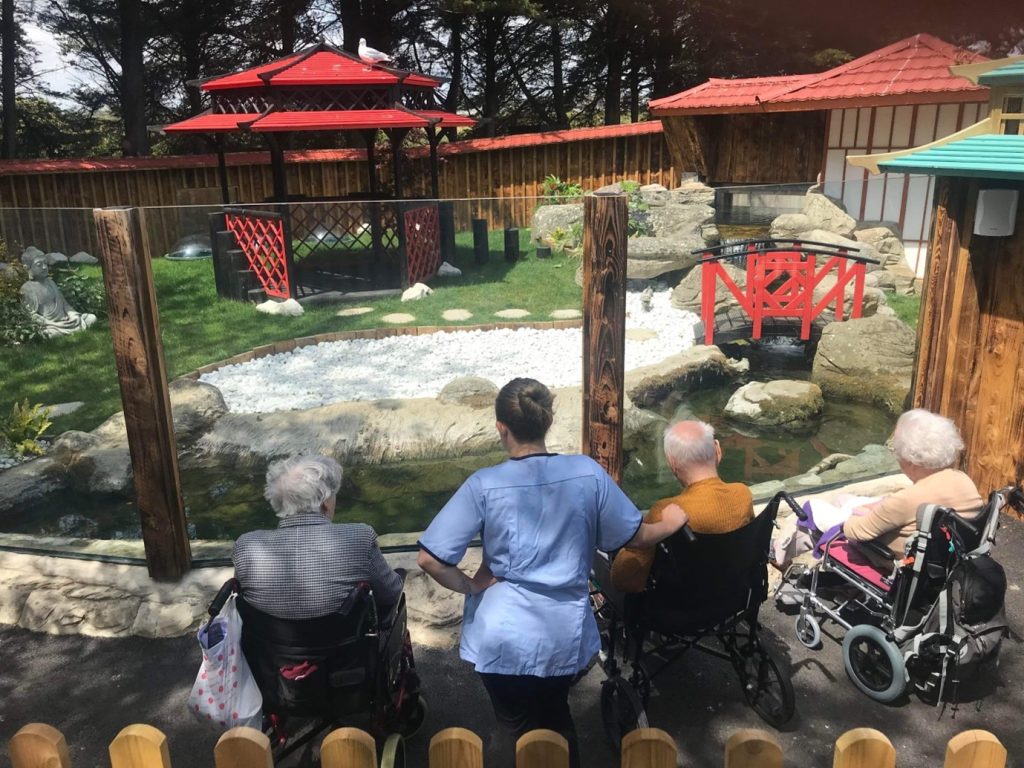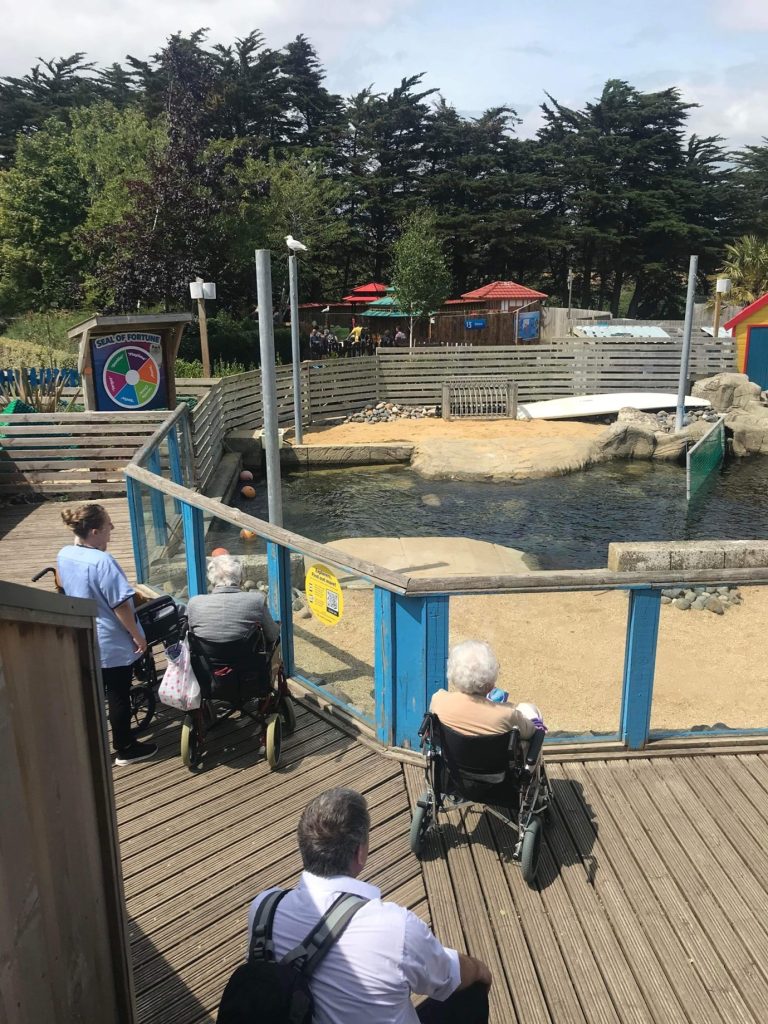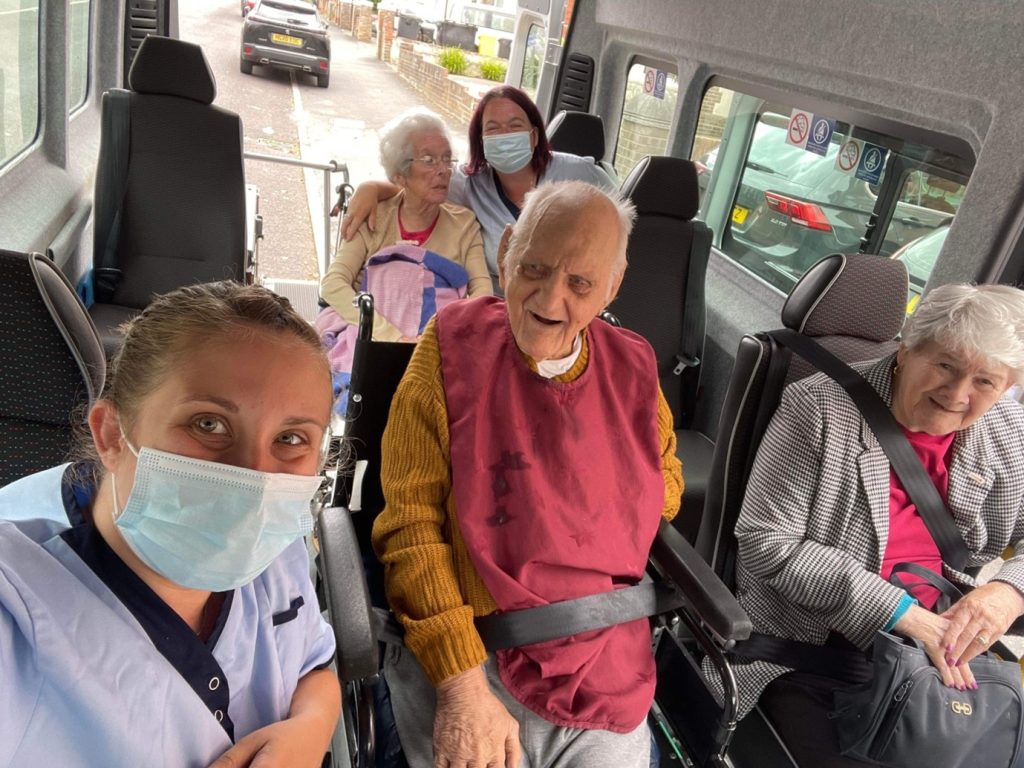Choosing a care at home service is a big decision. Like all important choices it helps to be as well informed as possible.
Perhaps the most basic choice is between a regulated and unregulated care provider. But people don’t always realise that this is a choice they’re making. Home help agencies don’t tend to describe themselves as ‘unregulated.’
So What’s The Difference Between Regulated And Unregulated Care?
Being a regulated care service means we are accountable to the Care Quality Commission. We have to meet defined standards and regulations that cover everything from how we run our business to the training expected for the staff who visit your home.
We are subject to regular inspections and you can find the results of these on the CQC website. The quality of the service we provide is independently verified and made public. We have to have procedures in place to ensure that people we care for aren’t at risk from neglect, harm or abuse.
‘Unregulated’ simply means that a provider isn’t registered with the CQC. They aren’t inspected or required to meet any particular standards beyond what is covered by general legal requirements.
What Care Do You Need?
Unregulated care providers can legally offer only a limited range of services such as cleaning, shopping and general help around the home. They cannot offer personal care.
It’s relatively easy for anyone to set up a company to offer general support around the home. Many unregulated providers simply act as agents who put you in touch with a home help who you then effectively employ.
Any provider offering personal care services such as help with dressing, washing, continence or any aspect of care that needs specialist knowledge such as nutrition or hydration must be regulated. If an organisation offers these services they must be able to show you evidence of their CQC registration.
As you can see, there are some important differences between what regulated and unregulated care services can do and how care standards are enforced.
If you have any questions we’d be delighted to help. Give Altogether Care a call 01305 300 161 or email contact@altogethercare.co.uk.
You can also find a range of information and resources on our website https://altogethercare.co.uk/









